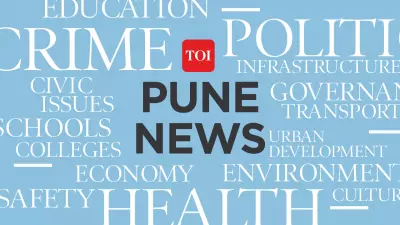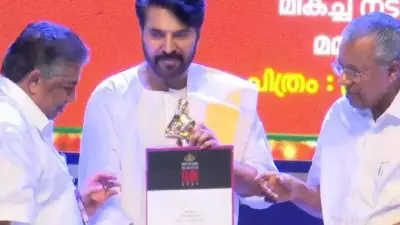
In a bold move that's sparking nationwide conversation, Mira Rajput, wife of Bollywood star Shahid Kapoor, has taken a firm stance against the traditional use of firecrackers during Diwali celebrations. The celebrity, known for her thoughtful social media presence, delivered a powerful message that's resonating with environmentally conscious Indians across the country.
The Instagram Story That Started a Conversation
Rajput didn't hold back when addressing the air quality crisis facing many Indian cities. "AQI news is not just for Instagram stories," she declared, emphasizing that air pollution represents a real, tangible threat to public health that demands immediate action rather than just social media awareness.
Beyond Social Media Activism
What makes Rajput's message particularly impactful is her call for genuine change beyond performative activism. She highlighted how the temporary pleasure of fireworks comes at a devastating cost to the environment and public health, especially affecting children, the elderly, and those with respiratory conditions.
The Real Impact of Diwali Celebrations
Her comments come at a crucial time when major Indian cities, particularly Delhi and the National Capital Region, consistently rank among the world's most polluted urban centers. The post-Diwali period typically sees air quality indices reaching hazardous levels, with particulate matter concentrations often exceeding safe limits by multiple factors.
A Growing Movement for Change
Rajput joins a growing list of public figures using their platform to advocate for environmental responsibility. Her message aligns with increasing public awareness about sustainable celebration methods that preserve cultural traditions while protecting community health.
Alternative Celebration Ideas
- Community gatherings with traditional diya lighting
- Eco-friendly decorations using natural materials
- Focus on traditional sweets and family rituals
- Donating to environmental causes instead of purchasing fireworks
The celebrity's stance has ignited important discussions about balancing cultural traditions with environmental responsibility, challenging Indians to rethink their celebration habits for the greater good of society and future generations.





